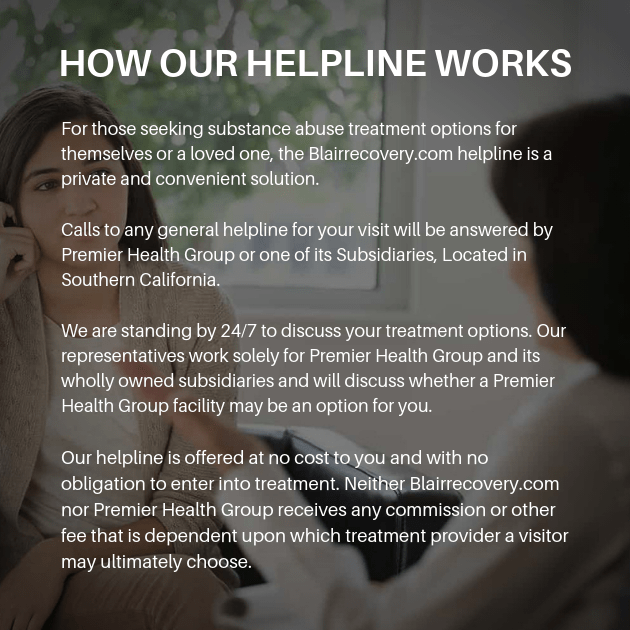
The addiction epidemic is reaching a peak in the United States, as millions affected are losing hope while families are being torn apart. As is the case with other diseases, it is essential for individuals affected by this affliction to seek professional help. Drug rehab centers were established to help individuals break their addiction and find new purpose in their lives. The supportive environment fostered by professionals within these addiction treatment center is an integral part of their addiction recovery program. Only by developing trust with clients are they able to help them identify underlying issues and develop a plan to react to triggers in a more positive way. Clients are started on an intensive and comprehensive supervised detox program from the moment they check in, and their staff are there to guide individuals through the recovery process all the way through aftercare.
Long term substance abuse creates a physical dependence on the controlled substance of choice, and as a result, most individuals experience withdrawal symptoms that range from unpleasant to potentially life-threatening. At a professional drug detox clinic clients start their addiction recovery journey with a supervised detox to safely and effectively stop using controlled substances. Anxiety, fatigue, and body aches are common minor symptoms that many clients experience. Most clients find that the support of staff and peers within the addiction recovery center can make the withdrawal period more effective than detoxing alone. Staff supervision also increases the safety of clients who experience more severe symptoms of withdrawal, because their staff are trained to recognize early signs and call for medical assistance. Overall, monitored detoxification is far more effective than undergoing detox alone.
Therapy is a primary focus at these substance abuse treatment facility, and clients attend group therapy sessions as well as individual therapy. Individual therapy is catered to the unique needs of each client in order to expose how and why an individual succumbed to addiction. Dual diagnoses are often made during individual therapy since many individuals who struggle with addiction are also affected by mental illness. Whether the individual turned to addiction as a way of treating the co-occurring mental illness or if the individual developed some type of co-occurring mental disorder resulting from the addiction, successful addiction recovery is dependent on addressing both issues. Clients also attend group therapy sessions in order to connect with others who may be experiencing similar emotions throughout the process. These sessions are guided by trained professionals who encourage open and honest discussion between clients in order to further personal growth.
While addiction recovery facilities are designed to be a safe and supportive environment, the same cannot always be said for the outside world. Completion of an addiction recovery program means that clients will return to the outside world, and it can be an especially vulnerable time for relapse. In order to promote long term success, they work to connect individuals who have completed their program with aftercare options close to home. The first step is often transitioning from a drug rehab facility to a sober living home where individuals room with others who struggle with addiction. Structured routine and daily chores mimic life within a treatment facility, but individuals are given more freedom to begin working on life beyond our program. During this time, it can be especially helpful to continue meeting with a trusted therapist, as new feelings and stress arise during the transition. Once individuals have returned home, individual therapy as well as support group sessions can ensure a greater chance of long term success.
As more individuals around the country are experiencing the negative impact of the addiction epidemic, drug rehab facilities are more committed than ever to helping break the cycle of addiction. They can help individuals achieve sobriety and put their lives back together.


